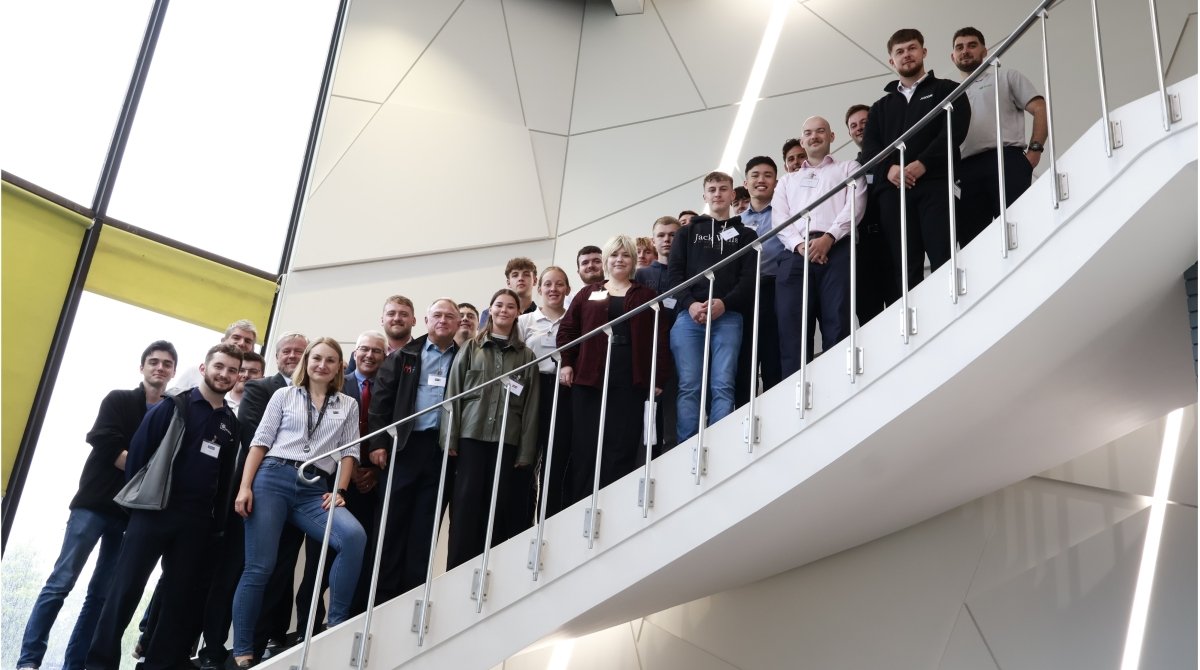

Who are you and what are your key areas of responsibility?
My name is Robert Bates and I have worked for Whitecroft Lighting for 32 years. I joined the company as an Apprentice Engineer, and I have developed a strong background in mechanical Engineering. During my career at Whitecroft I have held various management roles. My current role is Head of Operations and my responsibilities include all aspects of Quality, Health and Safety, Production, Purchasing and Logistics. I am currently responsible for the Operations Team which is made up of 190 staff.
What is Whitecroft’s current operational status?
Whitecroft has full operational status with 100% available capacity.
How did we change the factory operation in response to the coronavirus outbreak?
Following the Prime Ministers announcement on 24th March 2020 the company made the decision to pause production for 48 hours to allow a detailed risk assessment to be undertaken and to establish an action plan to ensure the factory is a safe working environment. A detailed set of operating procedures were implemented along with a COVID-19 induction procedure.
Whitecroft’s leadership team meet regularly to assess and respond to the situation as it evolves, this ensures we monitor and change our operations facility as and when required and maintain business continuity.
At Whitecroft we have a flexible, highly skilled workforce as well as a large range of automation delivering high flexibility, which combined with our 75 years manufacturing experience, enabled us to quickly get back to full operational status.
What safety measures did Whitecroft implement to ensure employees’ safety?
Where possible employees are working remotely, where this isn’t possible we have introduced a shift system to reduce the number of employees onsite at a given time. All employees working on site are required to complete a mandatory self-health declaration as well as an induction training module outlining Coronavirus guidelines and precautions.
To ensure the site is a safe working environment work spaces have been altered to meet the requirements of social distancing, an increased number of sanitisers have been installed and the wearing of suitable PPE gloves, face shields and work wear has been implemented.
Throughout this difficult time mental health support is also being provided through our Wellbeing Programme, a service which is accessible to all Whitecroft employees.
How these changes impact Whitecroft’s production capacity and lead-times?
Our onsite warehouses and UK supply chain enable us to hold high levels of stock of components and core products allowing us to offer an extensive range of products on demand.
While supporting the Nightingale projects our lead times were temporarily extended but they have now returned and we are able to offer core stock products on demand and bespoke products in typically 3-4 weeks. This is further supported by the use of our own transport fleet to ensure timely delivery.
Tell us about your involvement in the NHS Nightingale projects. With a turnaround of just 5 days from the design to delivery, did we have to implement any major changes to the production process?
At Whitecroft we have a dedicated team who are responsible for managing bespoke orders as well as facilities that are geared to not only steady manufacture of standard luminaires but to the rapid production of bespoke products guaranteeing we are well equipped to deliver such projects speedily.
Within the first 3 days following the initial enquiry a total of 5000 bedhead luminaires were designed, sampled, approved and released into manufacture. To support the Nightingale projects all orders were prioritised and to date a total 7500 luminaires have been supplied to the facilities.
What are you working on at the moment and what are the plans for the nearest future?
Over the last 7 years the organisation has invested approximately £5 million into large capital projects which have continued to improve the business’ core manufacturing capabilities and strengthen its flexibility to respond to changing market requirements and customer lead-times.
Whitecroft is currently working on a number of projects within the logistic warehouses focussed on picking and distributing components, the aim is to improve customer service while continuing to drive the operational facility as a world class manufacturing operation.
We will be operating in accordance with the very latest Government advice and will continue to do so to protect staff and provide continuity of services at all times.
***
Please do not hesitate to contact us at email@whitecroftlight.com if you need any further information.



